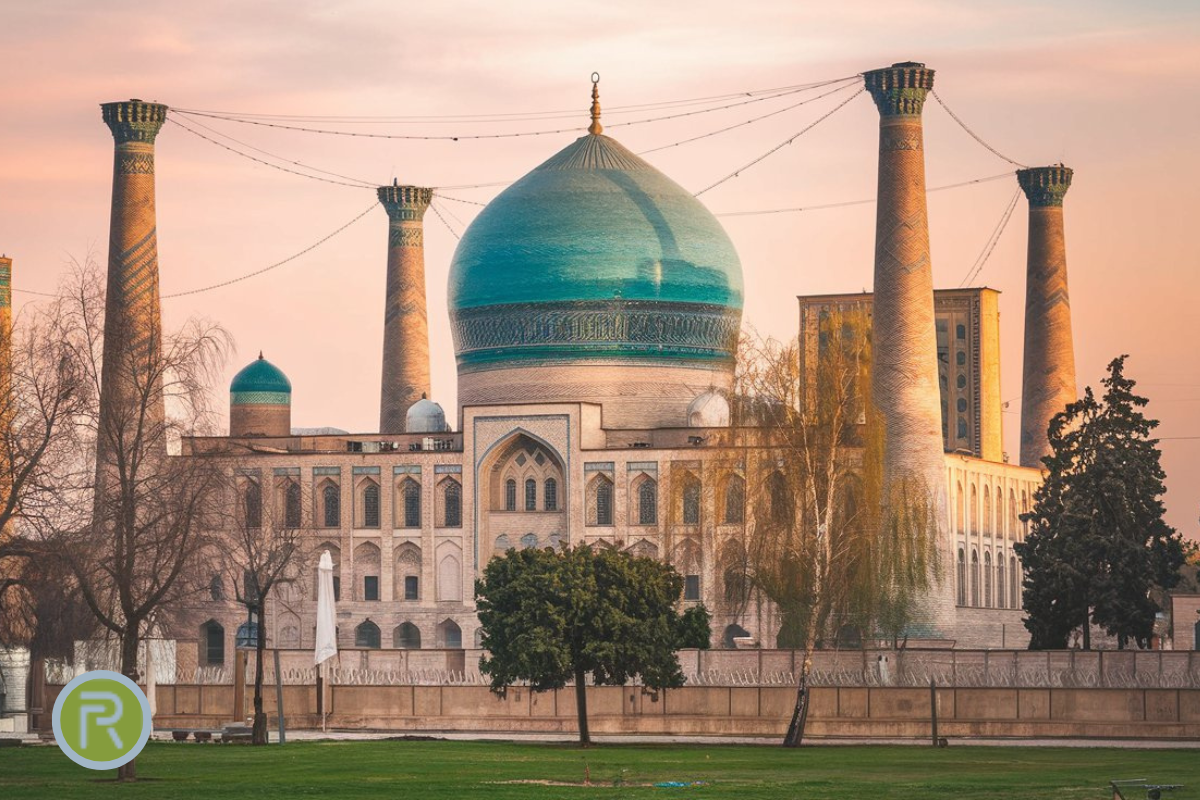Algeria English NewspapersAs one of the four holy months in the Islamic calendar, Rajab has a special place and provides an opportunity for introspection, devotion, and spiritual development. It is a time for Muslims to deepen their religion and ask for blessings. Muslims also regard it as a month of forgiveness and preparation for Ramadan.
What is Rajab?
The Islamic lunar calendar designates Rajab as the seventh month and recognizes it as one of the four holy months, along with Muharram, Dhul-Qa’dah, and Dhul-Hijjah.
See also: BetechIT Tech News Updates
Which Month is Rajab in the English Calendar?
The lunar cycle of the Islamic calendar causes the dates of Rajab to change annually in the Gregorian calendar.
Key Characteristics:
- A month of devotion, introspection, and forgiveness.
- Referred to as Allah’s Month (Shahr Allah).
- Muslims are urged to enhance their charitable giving, supplications, and prayers.
Why is it a Sacred Month?
The Quran mentions four holy months: Rajab, Muharram, Dhul-Qa’dah, and Dhul-Hijjah. In pre-Islamic Arabia, tribes generally forbade combat and battle during these months, and Islam upholds this sanctity.
Significance in Islam:
- Islam forbids fighting and promotes acts of peace during Rajab.
- Muslims focus on refraining from sin and increasing their good deeds.
- Fasting, generosity, and prayer (salah) offer highly rewarded spiritual benefits.
Key Events in Rajab
1. 13th of Rajab: Birth of Imam Ali (R.A.)
Imam Ali (R.A.), the cousin and son-in-law of the Prophet Muhammad (PBUH) and a key figure in Islamic history, was born on the 13th of Rajab.
2. 27th of Rajab: Isra and Mi’raj
Muslims commemorate the ascension (Mi’raj) and miraculous night journey (Isra) of Prophet Muhammad (PBUH) on the 27th of Rajab.
- The Prophet journeyed from Makkah’s Masjid al-Haram to Jerusalem’s Masjid al-Aqsa.
- Allah instructed him to establish the five daily prayers (Salah) after his ascension to the heavens.
See also:
Spiritual Practices
Increased Worship and Prayer:
- Offer up prayers voluntarily (Nafl Salah).
- Ask for forgiveness and recite prayers.
Fasting:
- Islam strongly encourages Muslims to fast during Rajab, especially on the 27th, as it is considered particularly rewarding.
Charity and Helping Others:
- Muslims are encouraged to give sadaqah (charity) during this month.
Reflection and Repentance:
- Muslims turn away from their sins and ask Allah for forgiveness.
Conclusion
In the Islamic calendar, Rajab is more than just a month; it’s a time for introspection, spiritual development, and getting ready for the holy month of Ramadan. Muslims utilize this holy month to deepen their relationship with Allah and ask for forgiveness, whether via greater worship, fasting, or deeds of compassion.
Embracing the spiritual opportunities of Rajab can transform one’s faith and character.
See also: The 5 best Tech News sites you can’t miss
FAQs
What is special about Rajab?
One of the four holy months in Islam, it is significant spiritually because it marks important occasions like the birth of Imam Ali (R.A.) and the Isra and Mi’raj.
Is Rajab a haram month?
Indeed, it is one of the four holy (Haram) months of Islam, when worship is highly valued and fighting and war are forbidden.
Why is 13 Rajab special?
Imam Ali (R.A.), a significant historical and spiritual figure in Islam, was born on the 13th of this month.
What is in 27 Rajab?
The Isra and Mi’raj, the Prophet Muhammad’s (PBUH) amazing night voyage and ascension, are commemorated on the 27th of this month.




